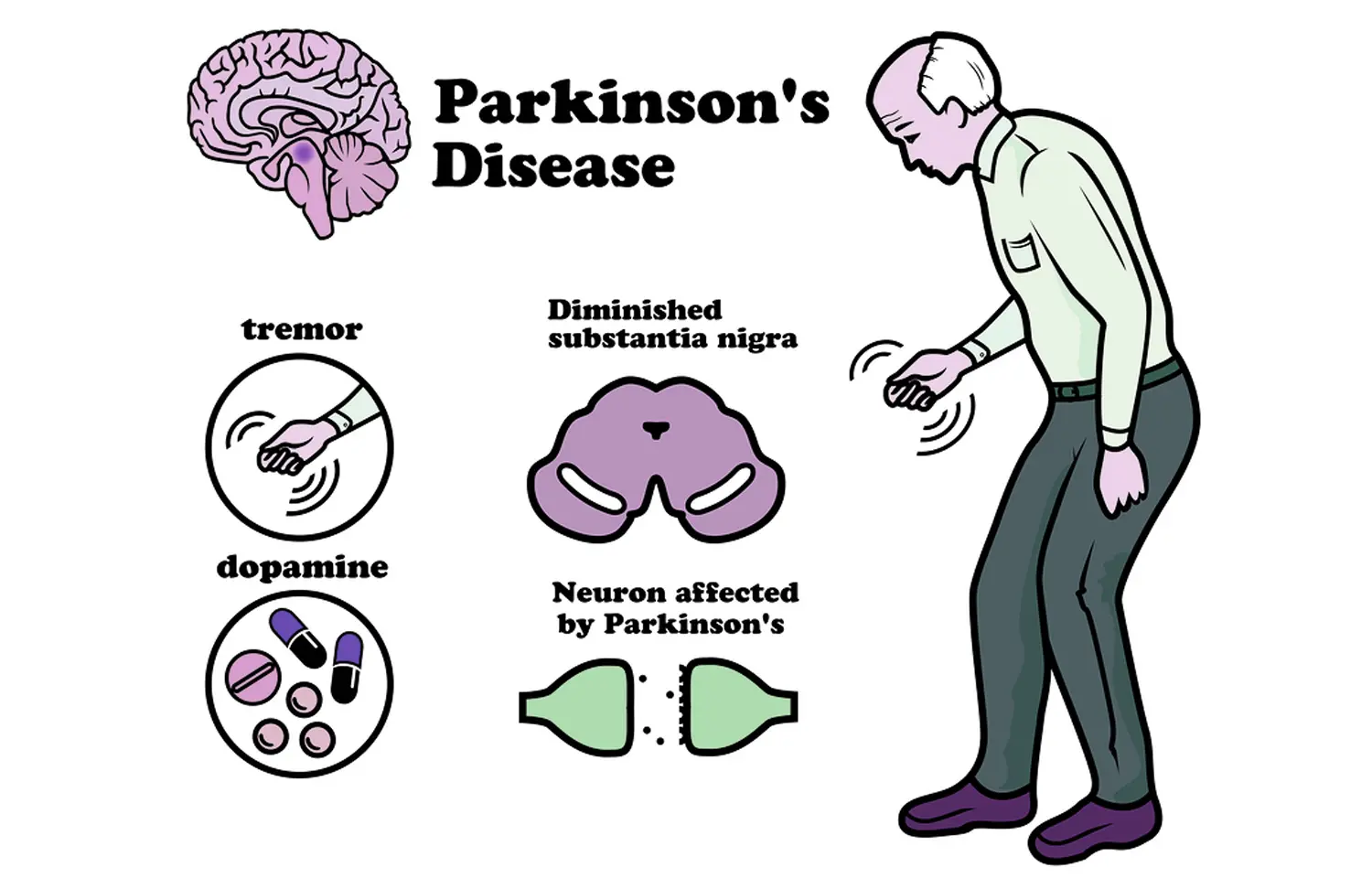- Home
- Medical news & Guidelines
- Anesthesiology
- Cardiology and CTVS
- Critical Care
- Dentistry
- Dermatology
- Diabetes and Endocrinology
- ENT
- Gastroenterology
- Medicine
- Nephrology
- Neurology
- Obstretics-Gynaecology
- Oncology
- Ophthalmology
- Orthopaedics
- Pediatrics-Neonatology
- Psychiatry
- Pulmonology
- Radiology
- Surgery
- Urology
- Laboratory Medicine
- Diet
- Nursing
- Paramedical
- Physiotherapy
- Health news
- Fact Check
- Bone Health Fact Check
- Brain Health Fact Check
- Cancer Related Fact Check
- Child Care Fact Check
- Dental and oral health fact check
- Diabetes and metabolic health fact check
- Diet and Nutrition Fact Check
- Eye and ENT Care Fact Check
- Fitness fact check
- Gut health fact check
- Heart health fact check
- Kidney health fact check
- Medical education fact check
- Men's health fact check
- Respiratory fact check
- Skin and hair care fact check
- Vaccine and Immunization fact check
- Women's health fact check
- AYUSH
- State News
- Andaman and Nicobar Islands
- Andhra Pradesh
- Arunachal Pradesh
- Assam
- Bihar
- Chandigarh
- Chattisgarh
- Dadra and Nagar Haveli
- Daman and Diu
- Delhi
- Goa
- Gujarat
- Haryana
- Himachal Pradesh
- Jammu & Kashmir
- Jharkhand
- Karnataka
- Kerala
- Ladakh
- Lakshadweep
- Madhya Pradesh
- Maharashtra
- Manipur
- Meghalaya
- Mizoram
- Nagaland
- Odisha
- Puducherry
- Punjab
- Rajasthan
- Sikkim
- Tamil Nadu
- Telangana
- Tripura
- Uttar Pradesh
- Uttrakhand
- West Bengal
- Medical Education
- Industry
Bile acids may play previously unknown role in Parkinson's

GRAND RAPIDS, Mich. - What does bile acid production in the digestive tract have to do with Parkinson's disease?
These shifts were seen only in people with Parkinson's and not in healthy controls, a critical difference that suggests bile acids may be a viable biomarker for diagnosing Parkinson's early and tracking its progression. The insights also may provide new avenues for developing therapies that impede Parkinson's-related changes in the gut, thereby potentially slowing or stopping disease onset and progression.
The research was led by the late Viviane Labrie, Ph.D., of Van Andel Institute, in collaboration with colleagues at VAI, Beaumont Health, Michigan State University College of Human Medicine and Oregon Health & Science University.
"It's becoming increasingly clear that gut health is tightly linked to brain health," said Peipei Li, Ph.D., the study's first author and former postdoctoral fellow in the Labrie Lab. "Our findings provide exciting new opportunities for better understanding this relationship and possibly for developing new ways to diagnose -- and even treat -- Parkinson's."
To investigate differences in the microbiome, the team turned to the appendix, a frequently maligned bit of tissue that actually plays an important role in regulating gut microbes. Using a "multi-omics" approach, the team comprehensively analyzed and compared the microbiome composition of appendix samples from people with Parkinson's and healthy controls. They found significant differences, with the changes in microbial composition of the Parkinson's samples correlating with higher levels of toxic bile acids.
The findings track with a 2020 study led by scientists in Spain that suggest changes in bile acids in the plasma are associated with Parkinson's disease.
"My lab has grown increasingly interested in bile acids and Parkinson's disease following a study completed in collaboration with Dr. Patrik Brundin's group a few years ago," said Stewart Graham, Ph.D., director of Metabolomics Research at Beaumont Health. "We demonstrated that not only was there a significant shift in the bile acid metabolism due to changes we induced in the brain, but that these compounds have the potential to be used as early blood-based biomarkers of the disease. This is extremely important as this is when treatments are believed to be most effective."
In recent years, research has revealed a growing number of links between the gut and Parkinson's. For example, chronic constipation often is one of the earliest signs of Parkinson's disease and can occur years or even decades before the onset of the disease's hallmark motor symptoms. Other studies have shown that hepatitis C, which impacts the liver, increases the risk of developing Parkinson's.
Importantly, a 2018 study by Labrie and colleagues demonstrated that removal of the appendix is associated with a 19-25% reduction in Parkinson's risk when the surgery occurs early in life, before the start of the disease process. They also found that the appendix acts as a storehouse for Parkinson's-related proteins called alpha-synuclein, clumps of which are a key pathological sign of Parkinson's. However, alpha-synuclein was found in the appendixes of healthy controls as well as people with Parkinson's, implying that the presence of the protein alone isn't enough to trigger the disease.
https://www.mdpi.com/2218-1989/11/1/29
Hina Zahid Joined Medical Dialogue in 2017 with a passion to work as a Reporter. She coordinates with various national and international journals and association and covers all the stories related to Medical guidelines, Medical Journals, rare medical surgeries as well as all the updates in the medical field. Email: editorial@medicaldialogues.in. Contact no. 011-43720751
Dr Kamal Kant Kohli-MBBS, DTCD- a chest specialist with more than 30 years of practice and a flair for writing clinical articles, Dr Kamal Kant Kohli joined Medical Dialogues as a Chief Editor of Medical News. Besides writing articles, as an editor, he proofreads and verifies all the medical content published on Medical Dialogues including those coming from journals, studies,medical conferences,guidelines etc. Email: drkohli@medicaldialogues.in. Contact no. 011-43720751


